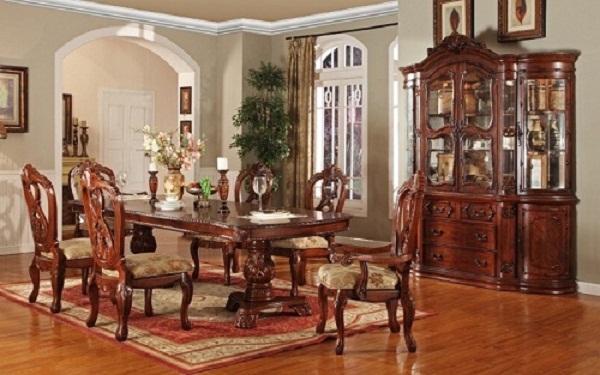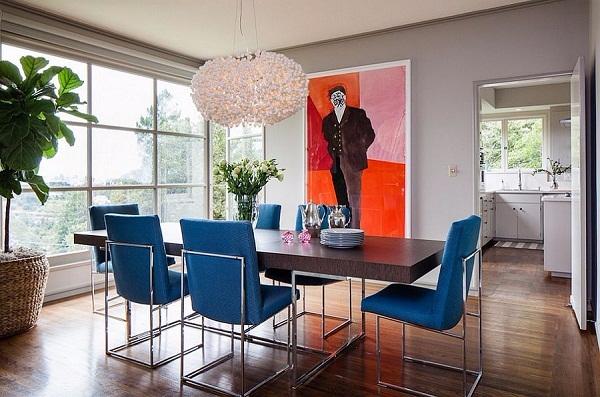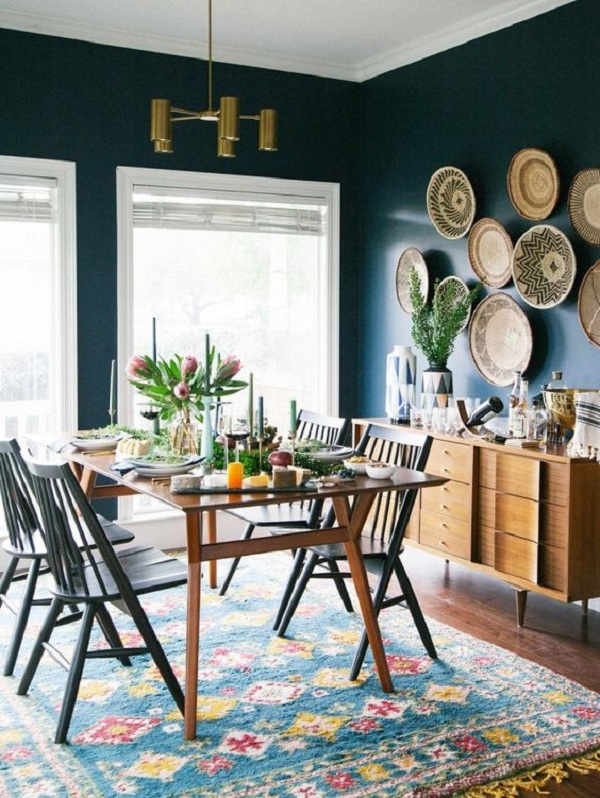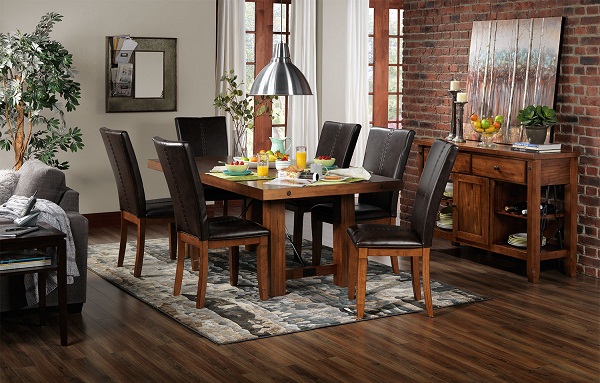When it comes to real estate, you need to be aware that the condition of your home’s flooring can directly influence its property value. Whether you are a homeowner, landlord, or real estate agent, understanding how much impact flooring has on a home’s value is important to ensure maximum return on investment.
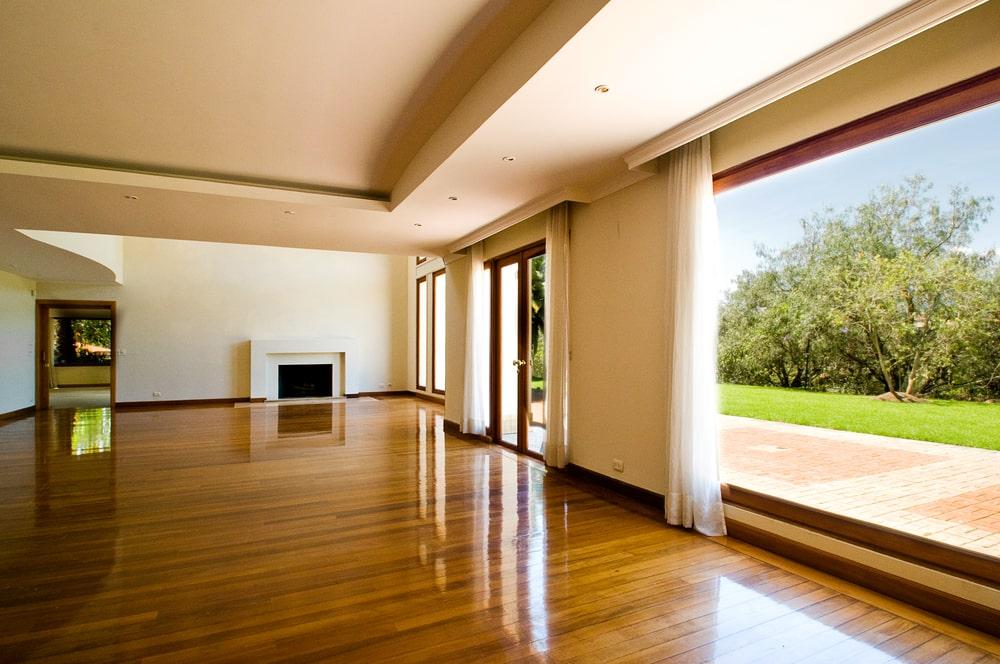
Take a look at some of the factors that go into determining how flooring affects your home’s value.
Type of Flooring
The type of flooring you choose for your home can play a big role in determining how much value it adds. Some floors are generally considered the gold standard when it comes to adding value to a property while some may not contribute so much. Some have a timeless aesthetic that appeals to most buyers but with significant drawbacks when it comes to upfront cost and maintenance. Here are a few of them in detail:
Carpet
Carpet is a timeless and classic choice for homeowners, offering warmth and comfort that other flooring options just can’t replicate. Carpet flooring has the potential to give your home’s value a significant boost as it brings a cosy feel to any living space with the right care. It makes it an ideal investment choice for households hoping to get more bang for their buck. Additionally, modern technology alongside advances in materials has enabled carpets to be made from luxurious and durable fibres, so you can enjoy long-lasting style and comfort in your own home.
However, it can deter a few potential buyers when selling. Common problems such as a lack of stain resistance, susceptibility to odours, and difficulty in cleaning can degrade carpeting over time and cause it to lose its charm. Additionally, if carpets are not regularly vacuumed and deep-cleaned, dust mites, pet hairs, and other allergy triggers can ruin your floor’s perfect condition. That being said, if you choose high-quality carpet and keep it in good condition, it can still add some value to your home.
Wood
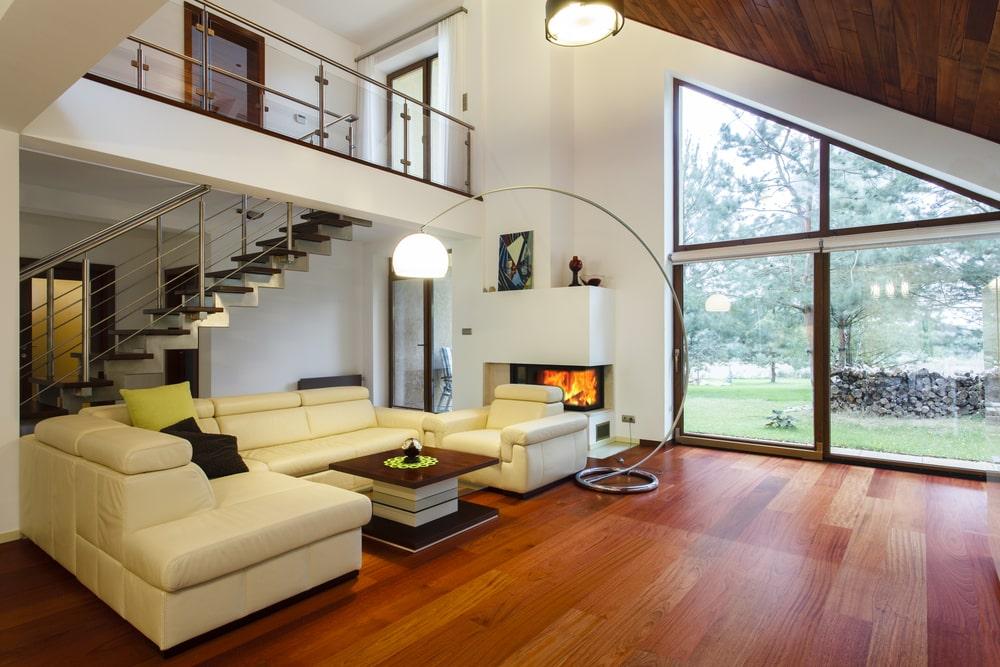
Hardwood floors bring a touch of class and elegance to any home. Wood floors are extremely durable, lasting for decades when properly maintained. This high level of durability comes from the natural strength of wood materials as well as their strong resistance to fading and wear. The look of hardwood is also sought-after by potential buyers; it’s a classic choice that will never truly go out of style, so you don’t have to worry about buyers wanting more modern alternatives. From practicality and strength to aesthetic appeal and property value booster, hardwood flooring stands a step above the competition.
But it’s not all just about looking beautiful. Hardwood floors often seem like a convenient feature that can bring up the value of your home; however, they can be a liability if not properly cared for or maintained. Establishing a strict cleaning regimen and being mindful of scratches, dents and water damage is essential to avoid any damage from long-term wear and tear that could bring down its value. Before investing in hardwood flooring, consider if you can commit to the regular maintenance required to keep them looking good as new.
Stone Tile
Stone tile flooring is another popular option for homeowners. Stone tiles are highly durable and require little maintenance once installed. They’re an excellent choice as well when remodelling any room in your home, as they offer a natural beauty that is both lasting and elegant. Not only will you love the way it looks, but you can also expect potential buyers to be impressed by its tasteful appearance when it comes time for you to sell. Stone tiles come in a variety of shapes, sizes, and colours so you can find the perfect look for any room in your home. Additionally, stone tile floors tend to increase the property value of a home by up to 15%.
Although stone can last much longer than other materials, there is one primary downside to consider before investing in this type of flooring: the cost. While it looks stunning, stone tile is not an inexpensive option for the budget-minded homeowner. However, with proper care and maintenance, it can be an evergreen investment that will pay off in home resale value. Additionally, stone flooring requires sealing which should be performed regularly and properly to protect it long-term; otherwise, it could get severely damaged by moisture seeping through and causing staining.
Tile/Vinyl
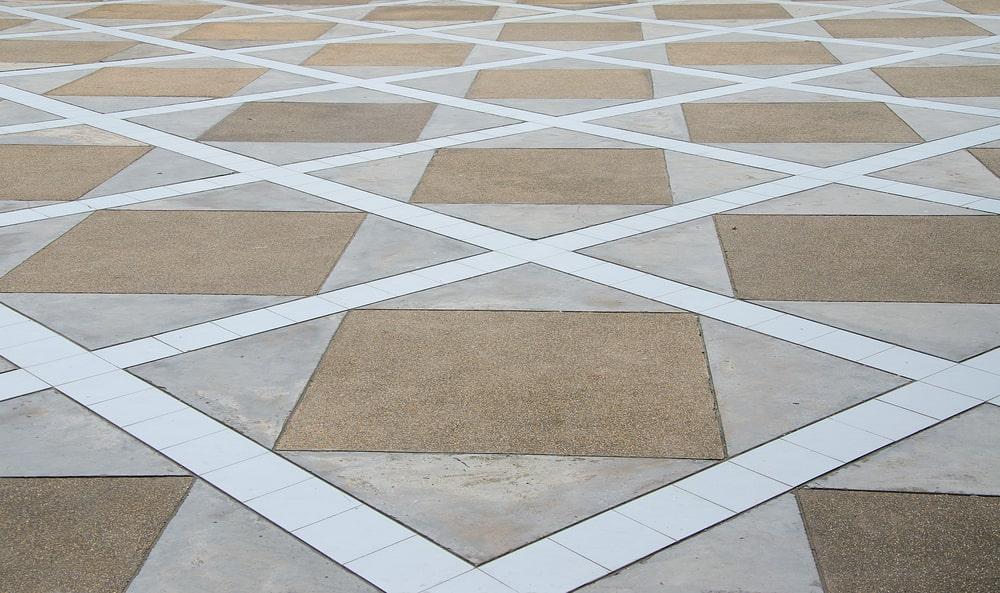
Tile and vinyl are becoming increasingly popular as great alternatives to other flooring options – not only for their affordability but also for their ability to withstand wear and tear. These materials are extremely durable and require minimal effort to maintain over time. Typically a simple light sweeping or mopping now and again will suffice. They’re also very cost-effective in comparison to other popular flooring options, like hardwoods, which can be quite pricy if you’re not paying attention. With tile and vinyl, you can get the same value out of your floors without the hefty upfront cost.
But remember that it’s important to take into account the potential disadvantages tile and vinyl can bring as well. These materials may be more cost-effective than stone or hardwood floors, but they often come with a shorter lifespan and are more prone to fading or chipping over time. Overall, while tile and vinyl may provide an affordable solution for those looking to upgrade their property’s value without breaking the bank, other considerations should be taken into account before making a decision.
Condition of the Floor
In addition to the type of flooring you choose, the overall condition will also affect your home’s property value. If the floors are in poor condition due to wear and tear or age, potential buyers may be turned off by them and not willing to pay as much for your property. On the other hand, if your floors are well-maintained and look great, then potential buyers may be more likely to pay top dollar for the property.
Cost vs Return on Investment
Finally, it is important to consider the cost versus return on investment when selecting new flooring for your home. While certain types of flooring may add more value in terms of aesthetics or longevity, they may also come with a hefty price tag that could potentially outweigh any additional return on investment from having them installed in the first place. Doing some research ahead of time and getting local expert advice on property values can help you save time and money. They’re also useful in making sure that you get maximum bang for your buck when upgrading or replacing your existing floors.
Conclusion
When it comes down to it, there is no one-size-fits-all answer as far as what type or condition of flooring will add the most value to your home’s property value goes—it will depend largely on individual factors such as budget and location. However, being aware of these three considerations can help ensure that whatever decisions you make will ultimately benefit both yourself and potential buyers down the road. With this knowledge in mind, now is an ideal time for homeowners, landlords, and real estate agents alike to start thinking about what kind of impact their current or future flooring selections might have on their properties’ values!
